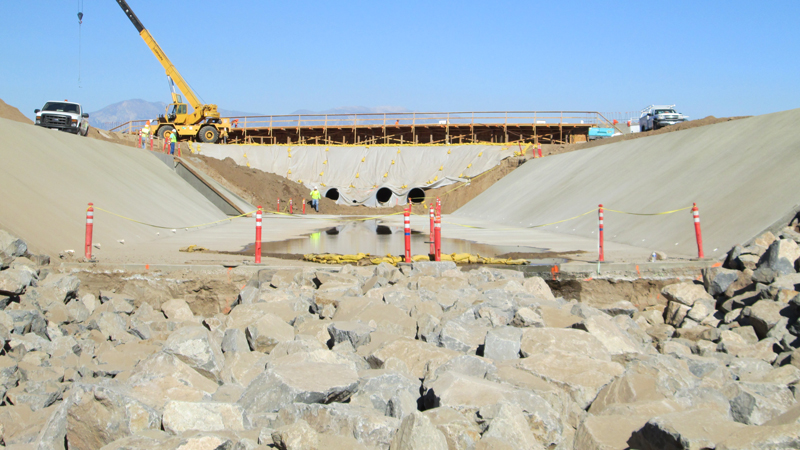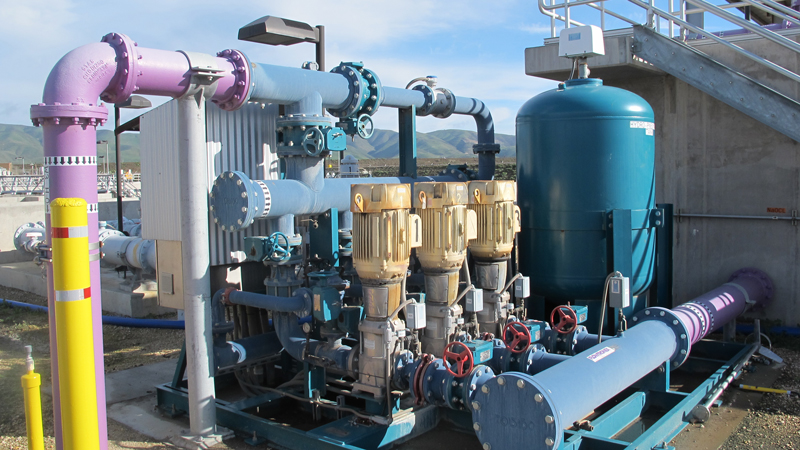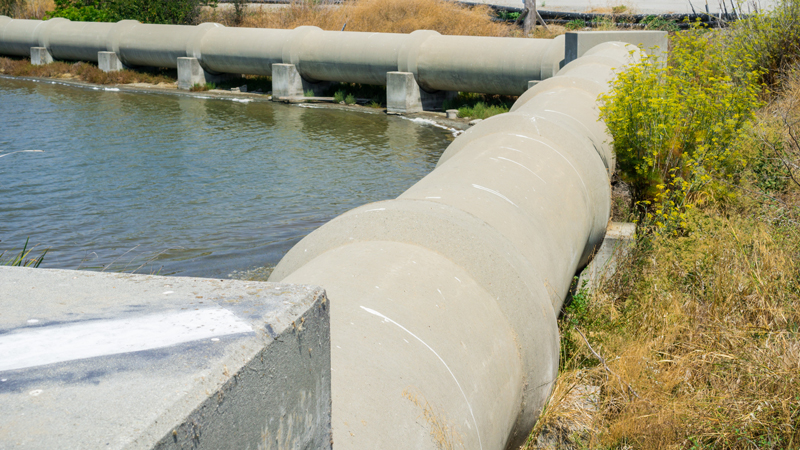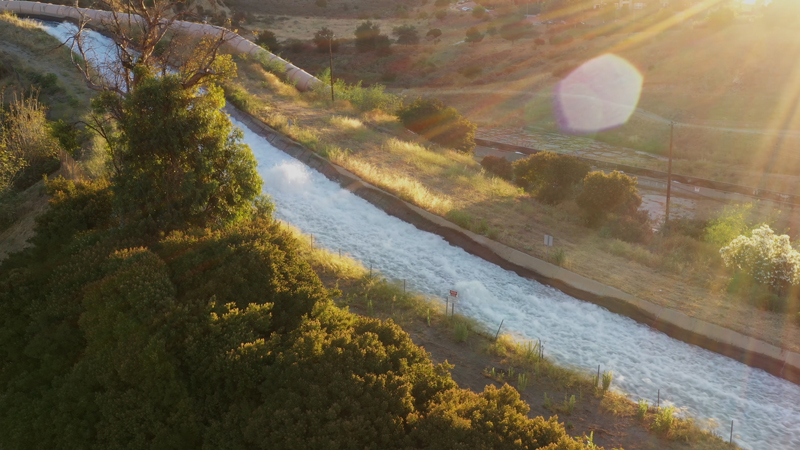Blogpost
2.8 minute read
October 13, 2017
In recent years there has been a lot of discussion about “One Water” by local agencies, utilities, water resource professionals and many other others. As you’ll recall, the premise of “One Water” is: how we provide potable water to our citizens, treat wastewater, use recycled water to manage demand, capture storm water run-off, and maintain water quality in our streams, rivers and oceans is all interrelated. All of these areas impact the quality of life and the economic health of our communities.
In recent years, many agencies have had a difficult time finding the dollars needed to fund water infrastructure programs and meeting increased regulatory requirements. Nowhere has the funding issue been more difficult or complex than finding new funding sources to manage storm water programs and to provide needed facilities. The passage of Proposition 218 in 1996 required that new or increased property-related fees must be approved by voters, with the exception of water, sewer, and refuse fees which were exempted from the voter approval requirement. Engineers and water resource experts have long understood the interrelationship between stormwater, wastewater, and the systems that collect and treat them.
However, a 2002 California appellate court decision determined that a stormwater fee adopted by an agency to help fund their storm sewer system did not fall within the exemption for “sewers” and therefore required voter approval (either by property owners or registered voters) before it could be adopted.
Harris has helped several agencies adopt stormwater fees that have successfully gained voter approval. However, with the increasing costs of compliance to meet the requirements of NPDES MS4 permits, and the need to fund programs to increase water supplies by capturing and using stormwater following California’s historic drought, agencies have been looking for new funding strategies that they can use.
The passage of Senate Bill 231, signed by Governor Brown on October 6th, gives agencies an important new tool to fund these programs by expanding the definition of “sewer” to include systems for the collection, treatment, or disposition of surface stormwater. This allows local agencies to include at least some stormwater programs in their current water or sewer fees, or to adopt new property-related fees, or specific stormwater fees, to fund stormwater and flood control projects; projects that will remove pollutants in stormwater runoff or collect dry-weather flows to increase groundwater recharge.
The passage of SB 231 was supported by the League of California Cities, California Special Districts Association, and many local cities and counties, as well as other industry groups, both public and private. SB 231 was needed and will provide local agencies with an important new tool to help them fund local stormwater programs. The passage of SB 231 helps local agencies procure much-needed funds for projects which will increase future water supplies, meet the increasing regulatory requirements for stormwater runoff, and to protect property.
That said, before adopting any new fee, it is critical to pair your efforts with a well designed public outreach program that informs citizens of the need and resulting benefits. You must also ensure any new fee structure is compliant with the requirements of Proposition 218 including the requirement that no fee can exceed the proportional costs of the service to a parcel.
If you would like to learn more about how to leverage the new benefits of the SB 231 ruling for your stormwater program, please contact us today!












